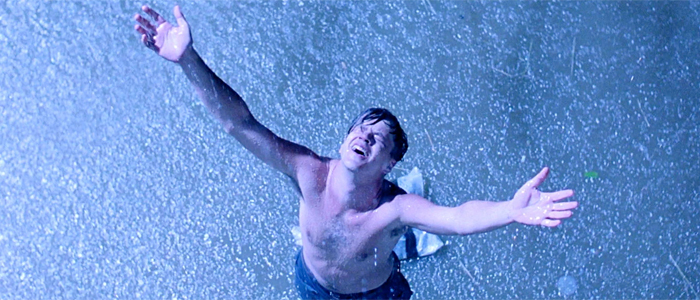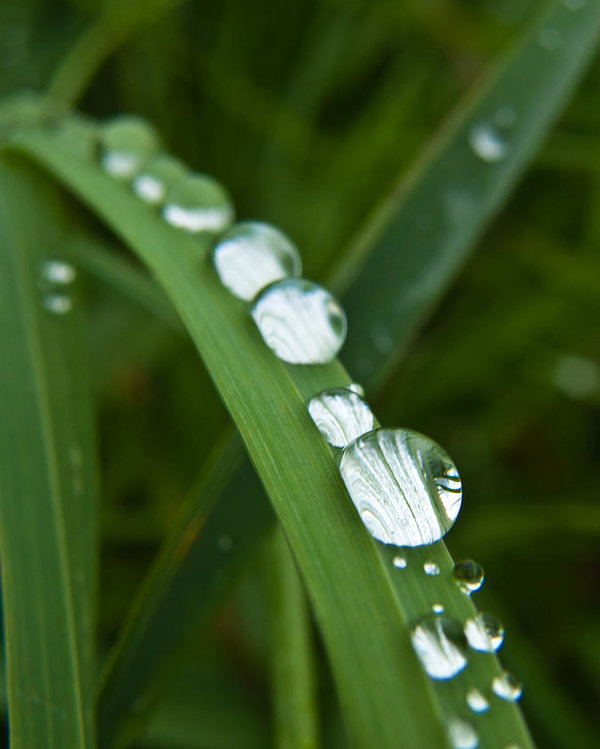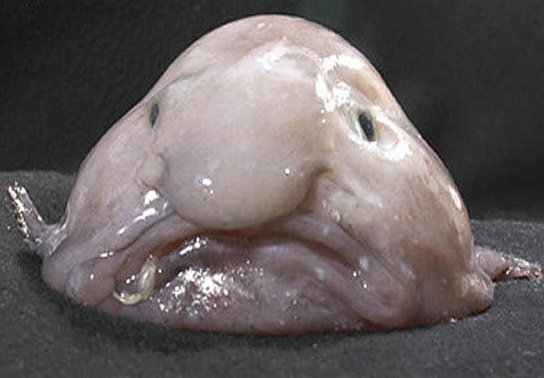מתיר אסורים/Matir assurim, “Who releases the captive.”

The Amidah’s second blessing is about divine might in resurrecting the dead. We typically understand this as a maximally mythic miracle for a redemptive future, when God will vivify deceased people who “sleep in the dust.” Well, maybe there is RESURRECTION, shouting with all-caps in bold face, and “resurrection,” whispered in small letters. The Hebrew… Read more »








